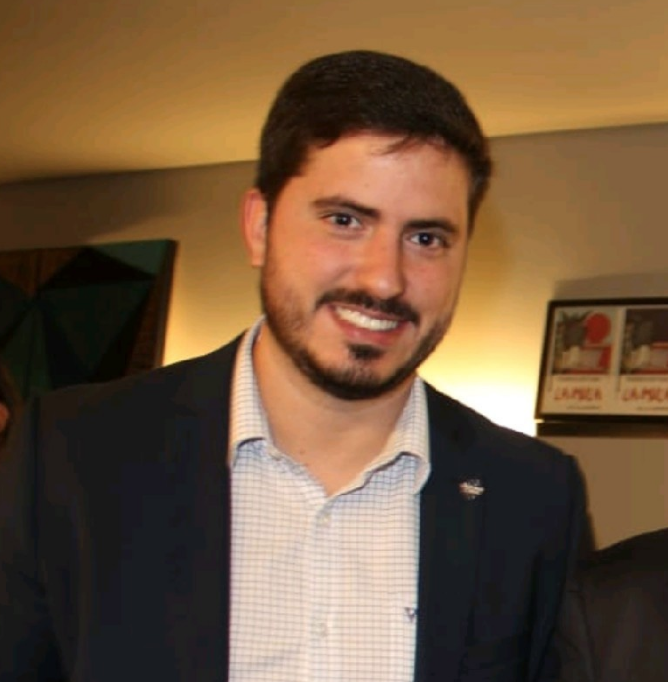Fernando Botelho (Crusoé Foods): Expanded Fishing Capacity

Fernando Botelho, controlling director at Crusoé Foods
Founded in 2014, Crusoé Foods is part of the Spanish group Jealsa, and has been leading a success story by investing in the Ceará fishing industry, with its production unit located in São Gonçalo do Amarante, strategically close to the port of Pecém, the main export outlet. The controlling director of Crusoé Foods, Fernando Botelho, takes stock of the company's activities and expectations regarding the future of the sector.
How do you evaluate the current scenario for the fishing sector in Ceará and what led Crusoé Foods to invest in the development of this activity in the state?
Ceará was a big and positive surprise for Crusoé. The tuna fishery that we helped develop on the coast of Ceará means that practically all the tuna raw material processed by Crusoé comes from Ceará. And today this product is of very high quality and very competitive in the market.
How is Ceará positioned in the fishing market, both domestically and internationally?
Ceará has always had a significant participation in the export of crustaceans, especially lobster, and red fish, such as snapper. After the establishment of Crusoé Foods it became a major Brazilian player in tuna. For several months 0f the year, Ceará is the leader in tuna exports, both of raw material and finished product, which stands out for the high added value of the chain, from labor to the steel packaging and the soybean oil and olive oil coating of the product. Today, Crusoé Foods' processed tuna reaches markets such as the United States, Chile and the Dominican Republic, among others in Latin America.
When we talk about the fishing industry, one of the most important factors is logistics. What is the importance of creating a fishing warehouse in Ceará?
With the advancement of the sector, investments were needed. In Ceará, fishing is almost entirely artisanal, with small vessels operated by small groups of sailors. That is why the need for a fishing warehouse, a place to land the fish, with quality and efficiency, is of vital importance for the development of the chain, from the moment the fish is caught until it enters the industry and the places where it will be commercialized, with all the capacity of traceability and safety in handling.
In Brazil, besides Ceará, where is Crusoé present?
Here in the state, we have our plant in São Gonçalo do Amarante and the distribution center in Caucaia. Besides that, we have two other distribution centers in Espírito Santo and São Paulo. Our administrative office is in Fortaleza, and we have a commercial office in São Paulo.
What are Crusoé Foods' expansion plans in the state?
We have made investments in the last three years that ensured fast growth for the company in Brazil. For the next few years, we are expecting to build a flour factory for the conversion of fish byproducts. We also foresee investments in the nutraceutical area, to produce inputs such as Omega 3, directed to the pharmaceutical sector. Also, we are going to expand our packaging plant, to be inaugurated in 2020. These are the future projects for Crusoé Foods to continue growing in the country.
How do you evaluate Crusoé Foods' contribution to Ceará's economy and what are the next steps in this partnership with the State?
Our first point of delivery for Ceará society is the approximately 750 job vacancies generated by the company, in addition to several indirect jobs generated through fishing. We have greatly increased the capacity for tuna fishing in Ceará, contributing to the trade balance, job creation and tax collection. The fundamental counterpart that the State gives us is support for the projects, through Sedet, always with open doors to discuss new partnerships. It is a two-way street between Crusoé and the State towards mutual growth.


